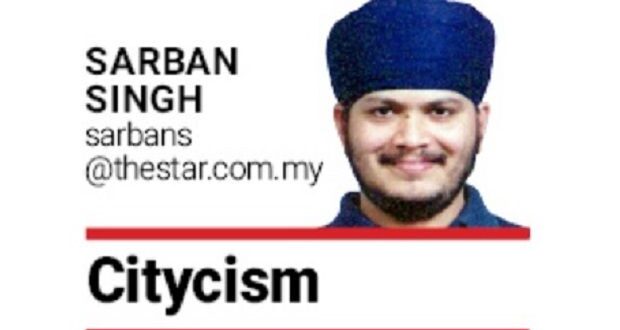A NEWS report quoting Johor executive councillor Ling Tian Soon that nearly 10,000 compounds were issued to smokers caught lighting up in eateries made a rather depressing read.
The government had enforced a no-smoking ruling at all eateries nationwide from Jan 1, 2019.
However, smokers are permitted to light up 3m away from the establishments.
Ling said over 2,218 compounds were issued to offenders in the first half of 2024.
On average, 369 summonses were issued monthly from Jan to June.
That’s about 17 tickets a day over 22 working days.
Are the numbers satisfactory for a state with 10 districts and some four million people?
And, do they reflect reality?
The government has taken steps to discourage smoking habit.
Those caught smoking in prohibited areas can be fined up to RM10,000 or face two years’ jail, while restaurateurs who fail to act against smokers on their premises risk a RM5,000 fine or a year in jail.
Laws have also banned all forms of tobacco advertising.
In 2016, the National Strategic Plan for Tobacco Control 2015-2020 (NSPTC) limited smoking areas.
The government then came up with a second edition called the National Strategic Plan for the Control of Tobacco and Smoking Products 2021-2030.
Targets included creating a tobacco-free nation by 2040.
Unfortunately, last year’s anti-smoking Bill excluded the Generational Endgame component that discouraged smoking among youths.
Are authorities doing enough?
You still find cigarette butts especially in non-air-conditioned restaurants.
Eatery owners say there is nothing they can do about it, even as they face fine or jail for failing to take action to stop the smokers.
This shows that enforcement is lacking.
Deputy Health Minister Datuk Lukanisman Awang Sauni had told Parliament in March that the ministry had roped in 189 enforcement officers from other agencies.
But, is this enough?
Health director-general Datuk Dr Muhammad Radzi Abu Hassan was quoted as saying that 6,605 compounds worth RM1.6mil were issued to those caught smoking in restricted zones nationwide throughout May.
It is pointless to issue monthly statements on the number of compounds issued.
The public need to know if strong action was taken against the offenders.
Ling was also quoted as saying that the public could report people smoking in restricted areas.
I tried doing so by calling the ministry hotline on 010-860 8949.
However, I was unsuccessful each time as no one answered the calls and they went into voicemails.
It is time the ministry enhanced enforcement and authorise more agencies, including the police, to issue compounds.
Otherwise, the nation’s ambitious targets may go up in smoke.
 BeritaKini.biz Berita Viral Terkini di Malaysia
BeritaKini.biz Berita Viral Terkini di Malaysia





